
Malika Amar Shaikh 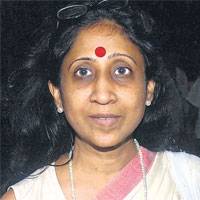
Malika Amar Shaikh is a "Mumbaikar" in the truest sense, born (1957) and bred-and still living as a denizen of India's first truly global city. She is a Marathi writer who stands out because of the strikingly different voice and perspectives she has always brought to her writing whatever the genre, whether poetry, autobiography, short story, or novel. Through her writing and her often quite public life, she has embodied a way of being a "Marathi"/"Maharashtriya" that diverges often dramatically from the exclusional, exclusivist identity politics that have characterized (indeed, blighted) the public life of Maharashtra even long before its official formation in 1960.
Her father, born Mehboob Hasan Sheikh in a Marathi-speaking Muslim family from Barshi, Sholapur District, earned his trade-union credentials as a mill-worker in Sholapur and would in the course of time become the famous Marathi śāhīra, Amar Shaikh-all in the service of his role as a devoted Communist Party (CPI) cadre and pracārak. Her mother was, as Malika Amar Shaikh puts it, "a typical Mumbai Pathare Prabhu," middle-class, college-educated, Hindu-but also a Communist Party activist, which is how she met and (with the Party's blessing) married Amar Shaikh. So it was in an environment embued by committed leftwing politics and activism, in a household where she met most of the leading leftwing Marathi writers of the day, that Malika Amar Shaikh grew up and began her own career as a writer. And these were the radical social and political currents that also brought her and the Ambedkarite Communist activist, Dalit poet, and founder of the Dalit Panthers, Namdev Dhasal, together in an "intercaste love marriage" (this is her characterization) that echoed in many ways her own parents' controversial marriage. These radical social and political dissonances--at least within the terms of the hidebound mores of Marathi culture and society--that have characterized her life have also formed the bedrock of her writing. What she has added to the radical socio-political critique she learned even as a child has been her very self-conscious perspective as a woman, joined to a growing feminist awareness of the large degree of women's anomalousness within the terms even of those very same received discourses of radical critique.
Although working as a writer often very much in the shadow of the highly public careers of first her father and then her husband, Malika Amar Shaikh has established herself over the decades as an important Marathi writer in her own right. She has had very little exposure as yet however outside of Marathi and Maharashtra. She is the author of four volumes of poetry (1979, 1993,1999, 2007); three volumes of short fiction (2006, 2013); a novel (2007); an edited volume in commemoration of her father, the famous Marathi communist shahir of the 30s, 40s, and 50s, Amar Shaikh; and an autobiography Malā uddhvasta vhāyacay [I want to be shattered] (1984) that has continued to stir controversy for its frankness, particularly in the areas of conjugal life and sexuality, and for what has been called in some quarters its strident strīvād.
From "What's on my Mind," foreword to Jhāḍapaṇācī goṣṭa [The Story of Being a Tree].
It is often said that a person should be dissatisfied or only slightly satisfied with what she creates. Because to think that it's complete and perfect is to terminate it, or so they say. But I don't especially agree with that. Because each and every one of my works has given me great joy, satisfaction, and perfect gratification. To say that whether a story is excellent, or just OK, or outright bad is up to the reader to decide or-put the other way around-that once a word is written down it doesn't belong to you anymore-either way is really quite a terrible thing. Exactly like giving up one's own children, the moment they are born, to somebody else to care for.
The fact is that all my stories have given me joy. What an astonishing and exhilarating experience it is to make one's way unrestricted into the kingdom of words! To take up the clothes, the characters, and the faces of real living people and to create other people different from them. To turn life upside down and inside out. Exactly in the way that a crawling baby or a mewling kitten, with that unfathomable intensity in its eyes, will sit endlessly playing with nothing but a ball of yarn.
It's not at all the case that I have attained some great understanding about life or people. As I just said, I'm really nothing more than a kitten playing with a ball of yarn.
To write, to express oneself, this is the all-important, indispensible thing. This is something that is absolutely not a matter of standing somewhere outside of, separate from our existence. And it isn't at all a matter of simply liking to write. I know it would be impossible but if, after I die, after I've been buried even, someone were to produce paper and pen, I would thrust my hand out of the ground and start writing-that's how indispensible it is.
And it's simply not true that I take pleasure only in writing. I take delight in the entire world-in life itself. Compared to all the pain, the "system," the people, it is the great world itself that is beautiful to me. Instead of sitting there tracing the same thin small black line over and over, you have to draw something more, something large, an endlessly long line that keeps you writing and writing...
This is my signature that nobody but I myself have written. The mark of my existence. In the vast account book of this world's history, our existence is nothing larger than a single period. While bearing this humbling realization in mind-but always from within this vast maze of happiness and suffering and always from within this fearsome and yet so beautiful and bountiful world-I breathe my breaths with this pen I hold, accompanied by everything I owe them.
Poetry
Fiction
Autobiography
Biography
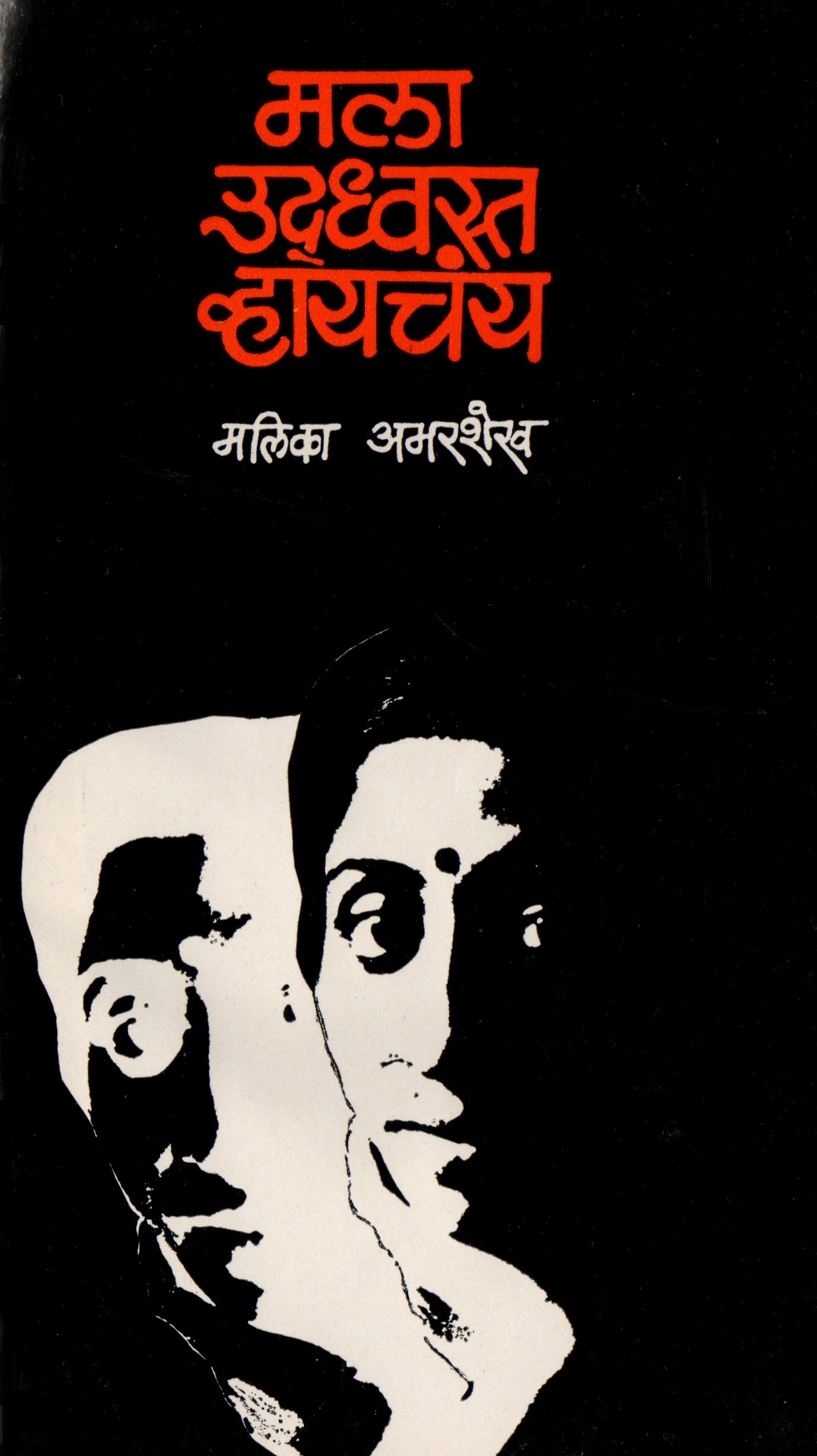 |
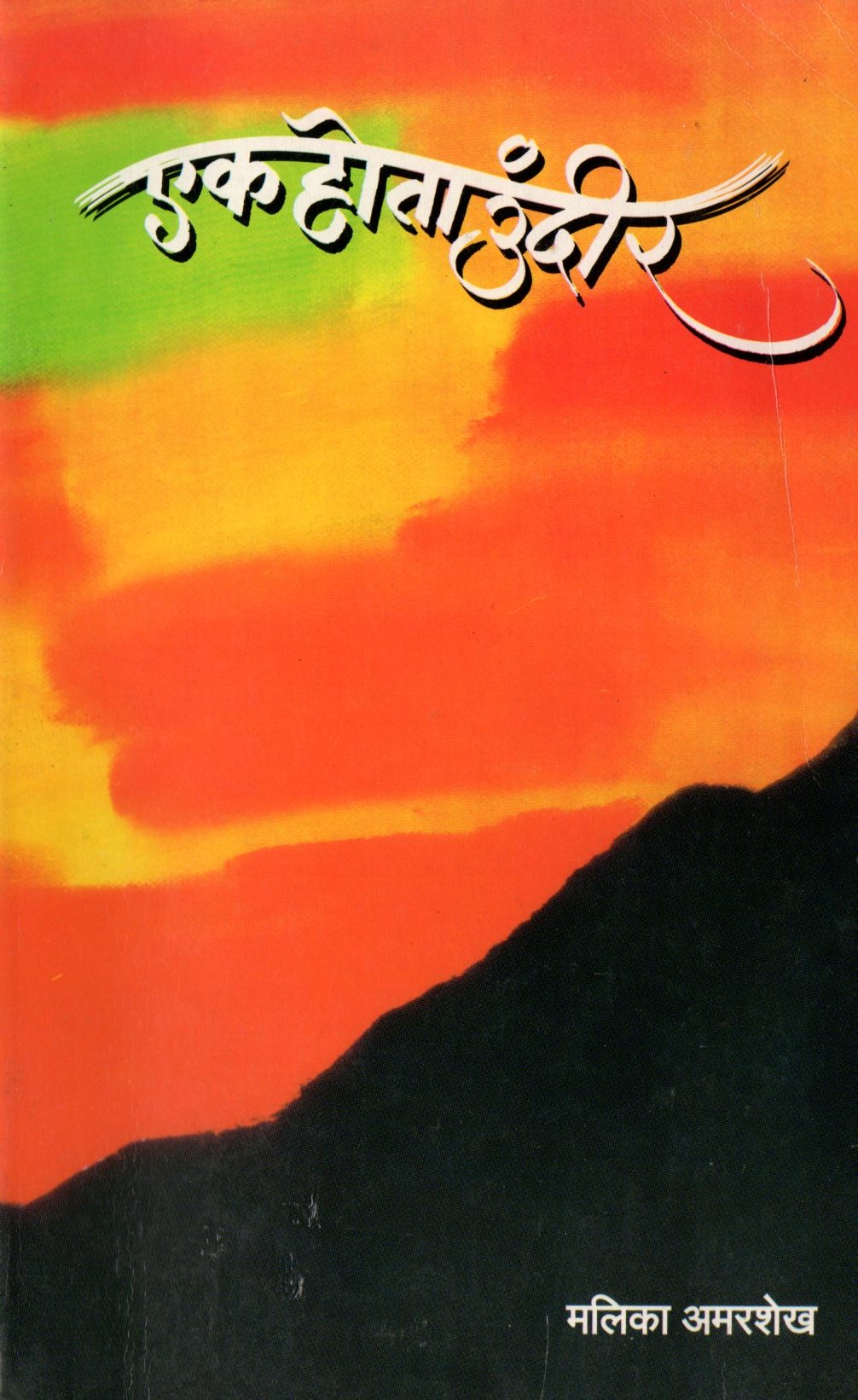 |
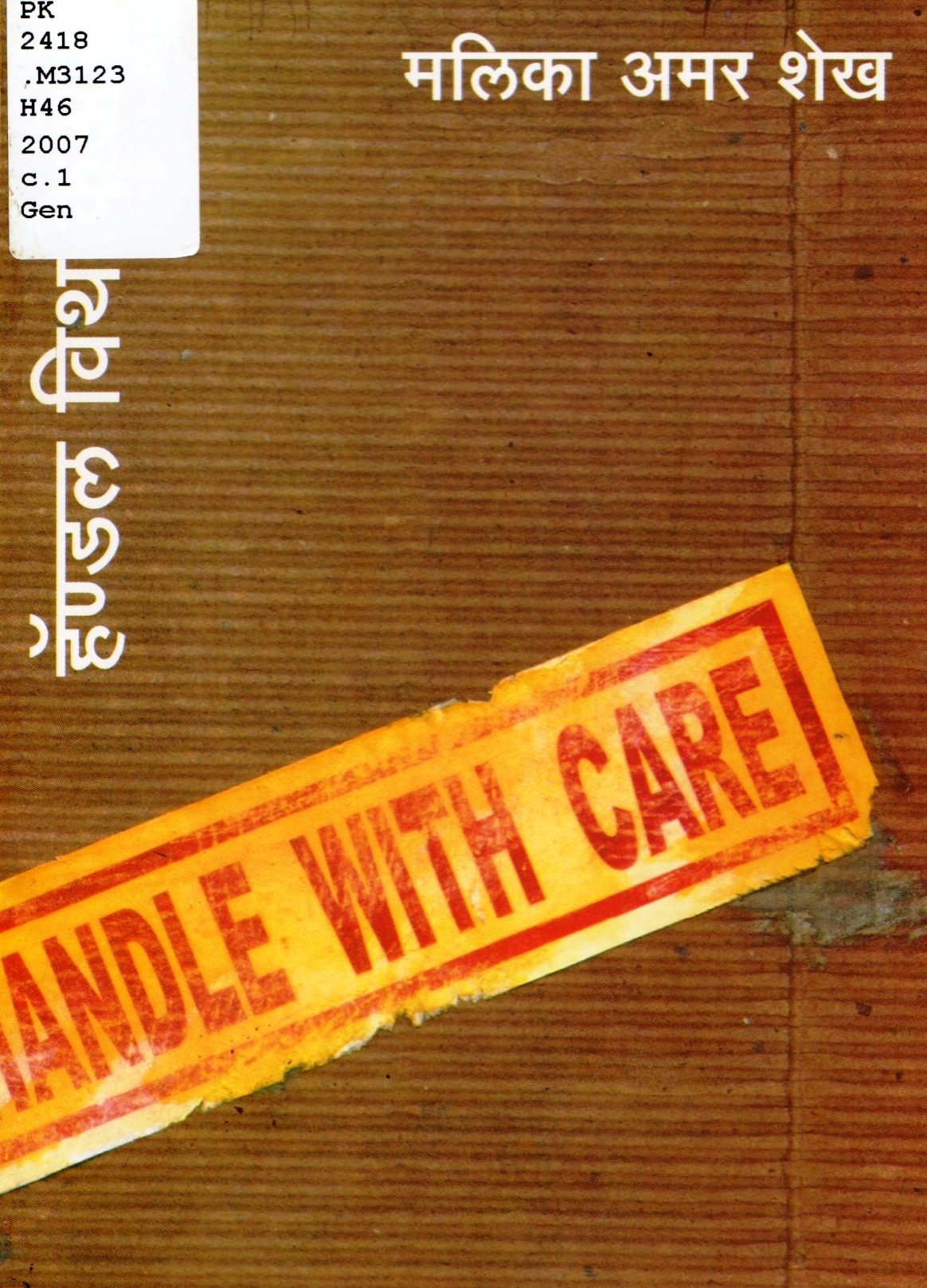 |
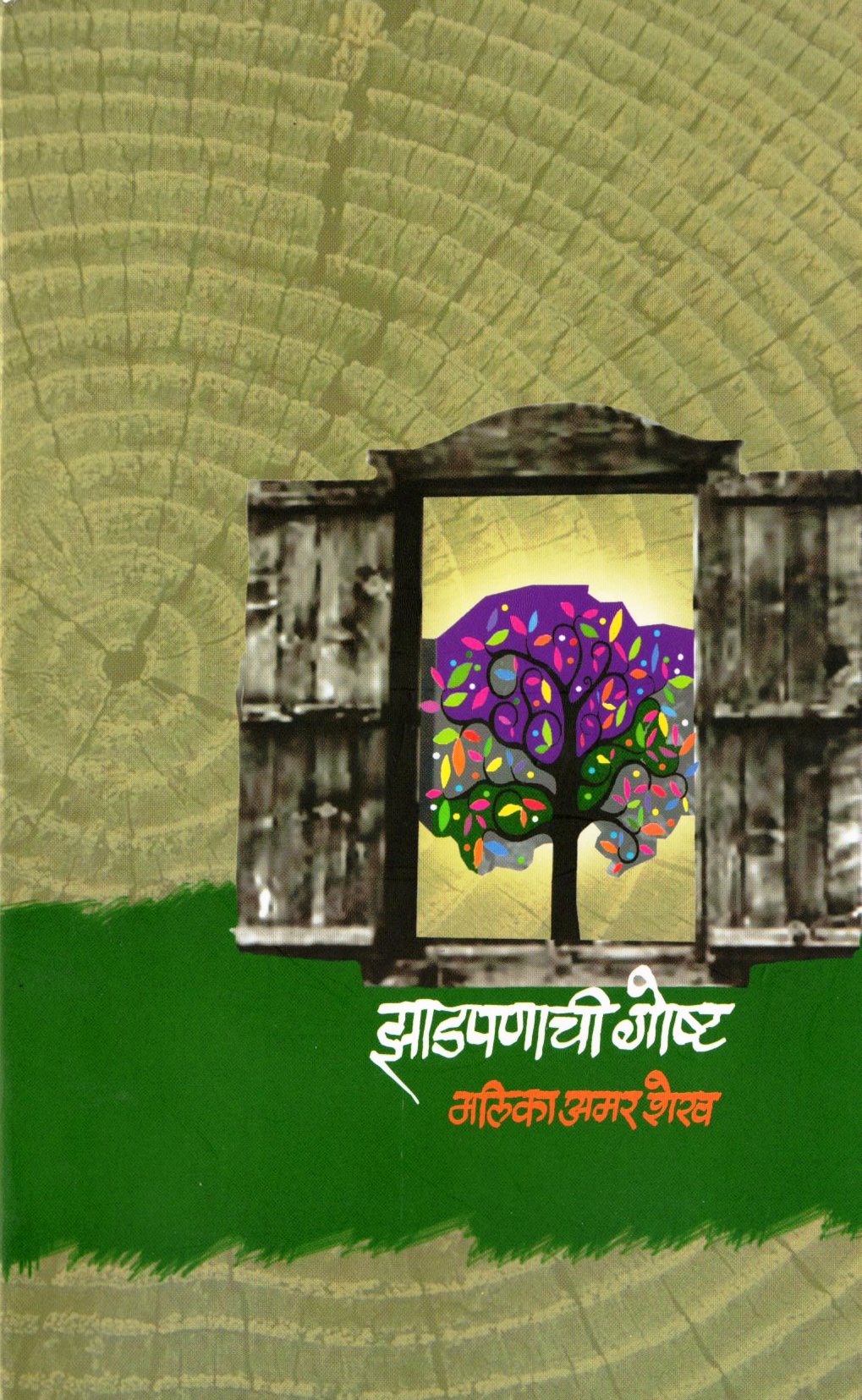 |
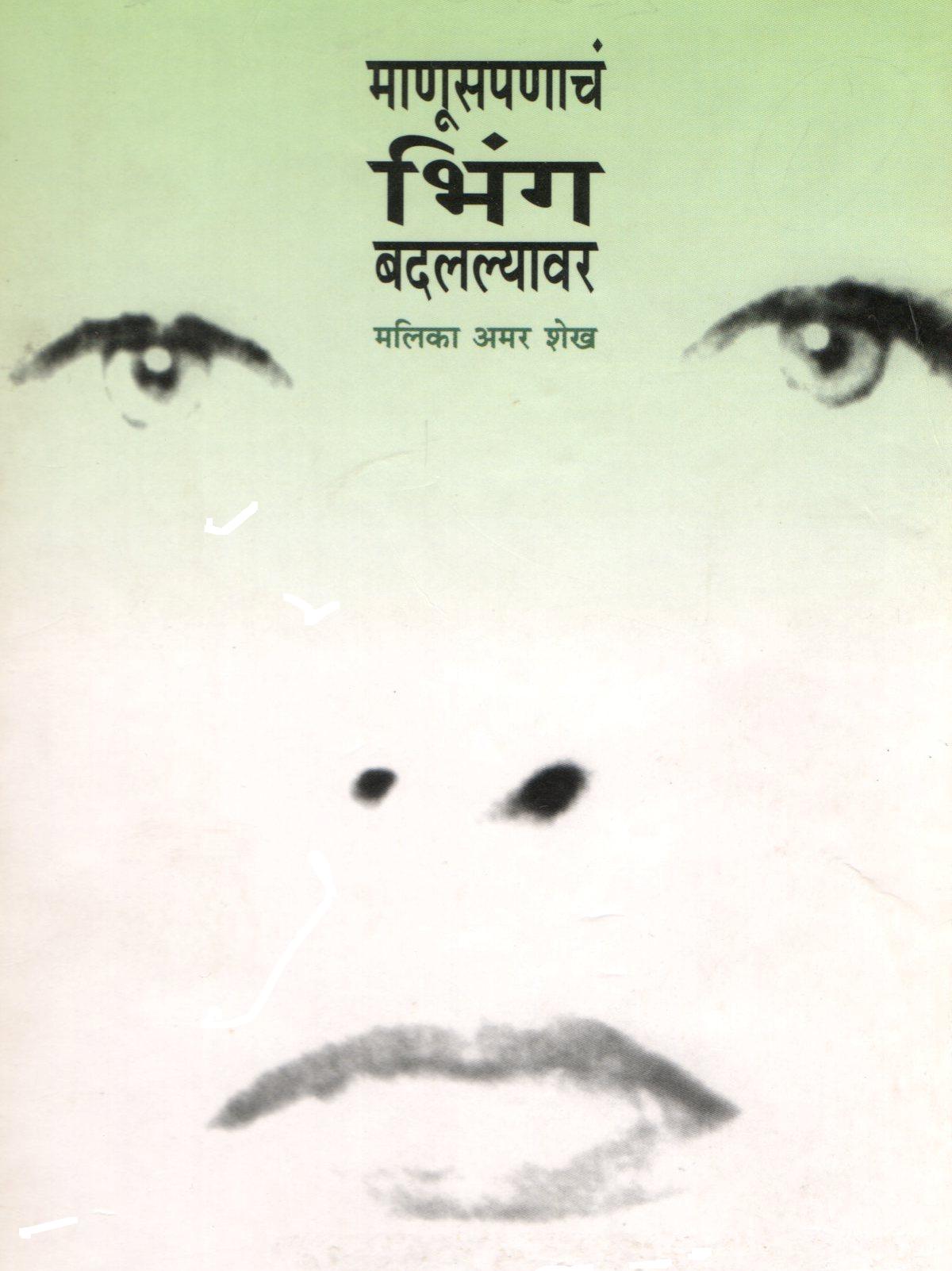 |
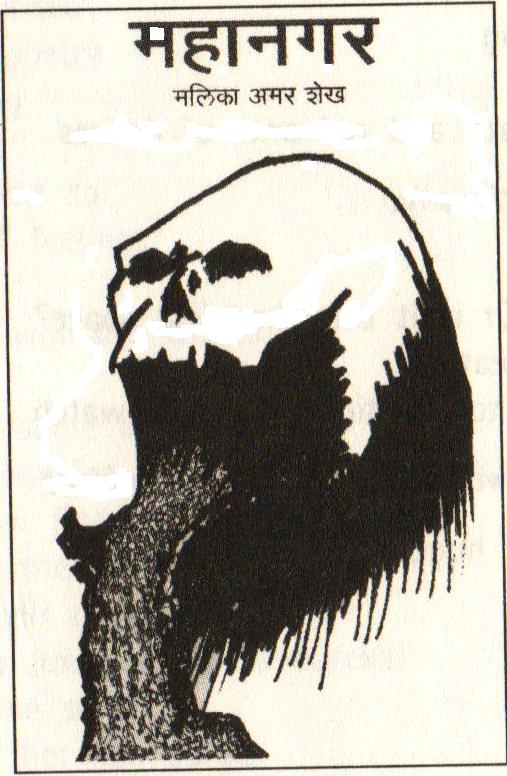 |